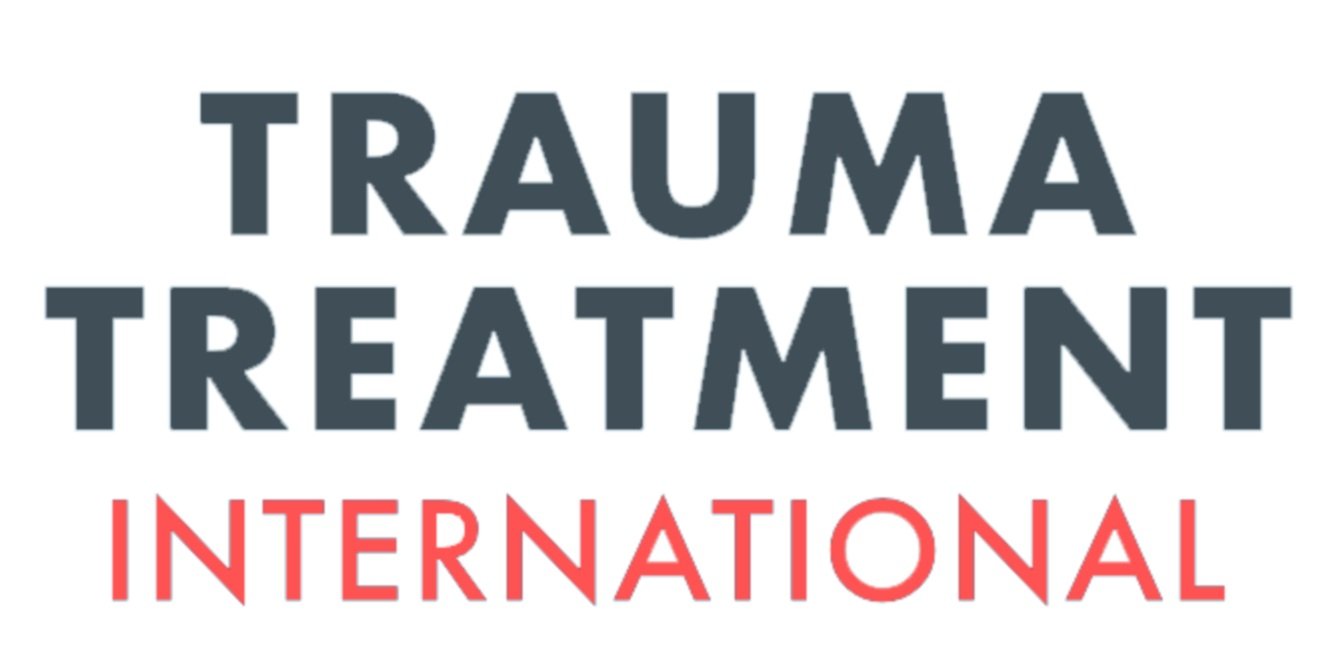What is strategic litigation?
At TTI, we support individuals and organisations involved in strategic litigation by providing psychological services to maximise the impact of litigation efforts. Specifically, this means providing psychological and evidence-based support to enable individuals to effectively participate in legal procedures and provide reliable witness testimony. We also provide expert psychological reports evidencing psychological harm brought about by human rights violations in such cases.
What is strategic litigation?
Strategic litigation, sometimes called impact litigation, can be defined in many ways. Overall, it refers to the process of taking on a legal case to tackle injustice and advance an agenda broader than that individual case, to protect society from human rights violations. This process combines casework with other techniques such as advocacy, media and activism to ensure there is ‘a cause beyond the case’ (Redress, 2021).
Whilst getting a bill through parliament can change the law, this process can be arduous and especially tricky when focussed on minority issues due to the number of votes. Strategic litigation, therefore, offers the opportunity to highlight a human rights principle in which existing legislation is inadequate. Successful strategic litigation leads to political, economic and social improvements, and advances existing law by identifying its weaknesses. As Professor Robert Wintemute says: “The case is intended to set a precedent, to establish a new legal principle, which could benefit thousands of other people.”
Why does therapy help in these cases?
Individuals who have been victims of human rights violations can carry significant emotional and psychological burdens. This can include experiencing post-traumatic stress disorder (PTSD) which can severely inhibit someone’s ability to place past events in a coherent order. Unfortunately, this can have negative implications when providing testimonial evidence, especially when the law considers a coherent narrative as the hallmark of truth.
For this reason, evidence-based therapeutic interventions can help victims consolidate their memories and be able to provide a reliable witness account. Therapy also ensures individuals can retell their stories when giving verbal evidence without the risk of being triggered by their memories, for example they could dissociate or experience a flashback and subsequently not be able to participate in the legal procedure.
Engaging in strategic litigation can be a demanding and stressful process as survivors revisit and recount their most traumatic events. There is a huge responsibility to protect these individuals’ wellbeing whilst they advocate for their own cause. Therapy can help survivors cope with the emotional challenges of the process, providing a safe space for them to express their feelings and navigate the complexities of the legal system.
Our psychologists at TTI are experts in the field of trauma and human rights and have decades of experience in active and post conflict zones worldwide. This means we are able to provide the necessary psychological support within a deep understanding of the contextual issues. We work collaboratively with lawyers and legal advisors to engage clients in litigation cases, supporting them throughout the process. Summary
Strategic litigation recognises the importance of not only winning individual cases but also using the legal system as a tool for broader societal change. Therapy plays a crucial role in strategic litigation by ensuring reliable witness testimony whilst safeguarding the mental health of survivors, enabling their effective participation in legal proceedings, and upholding the ethical responsibility to prioritise the wellbeing of those involved in the pursuit of justice.
For more information, we recommend reading the practice note published by REDRESS around The Holistic Strategic Litigation Against Torture. This excellent resource also provides case studies putting the theory into practice.
